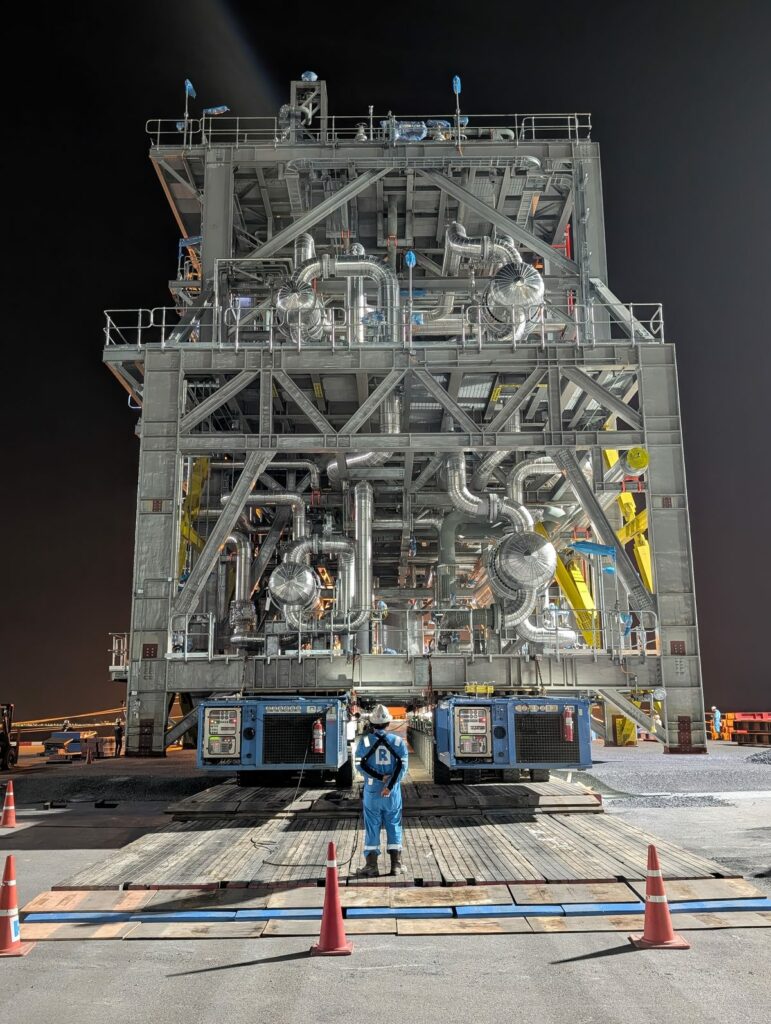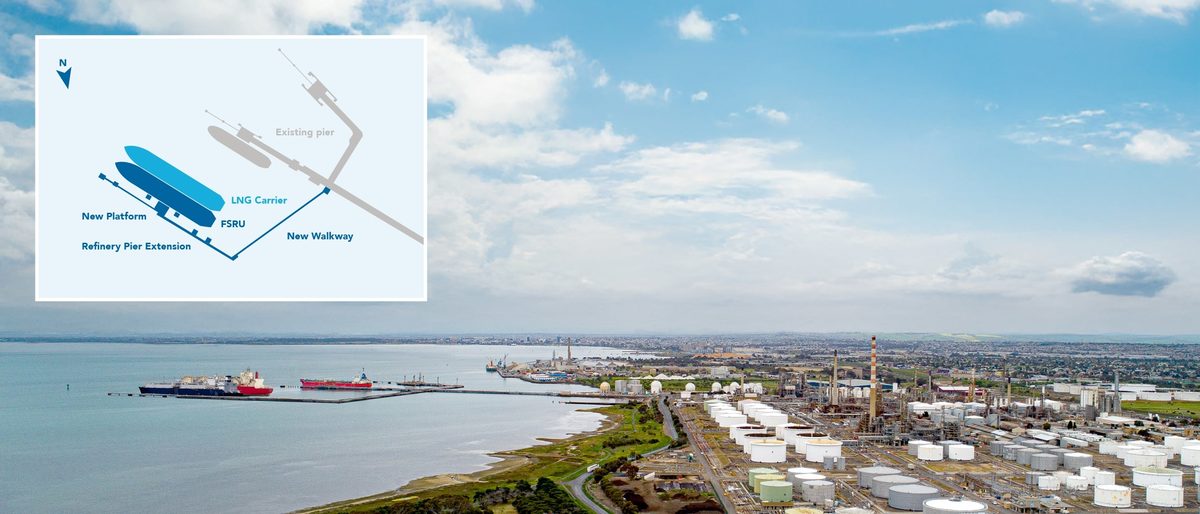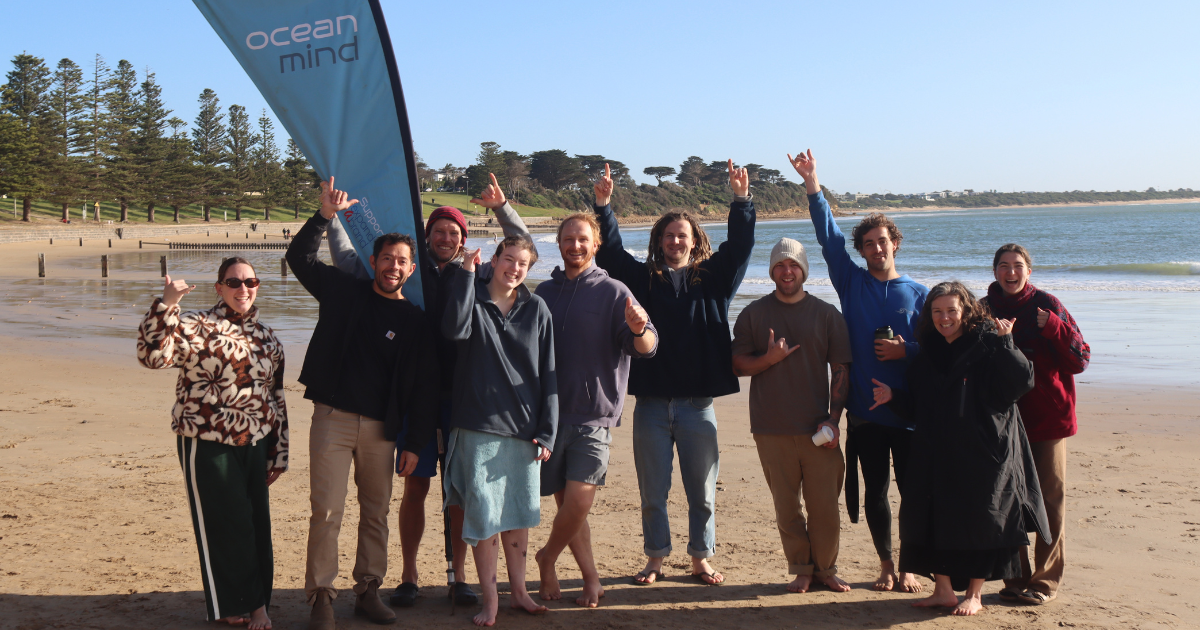Cleaner fuels expected from Viva refinery upgrade

The recently-delivered units are up to 28m tall, with the largest weighing nearly 900 tonnes. Photo: SUPPLIED
VIVA Energy has taken delivery of major elements of its new ultra-low sulphur gasoline (ULSG) plant, as Geelong Refinery undergoes its biggest upgrade in decades.
The $350 million investment, which includes a contribution from the federal government, will reportedly allow the refinery to produce the cleanest petrol ever made in Australia.
Making these sulphur reductions in petrol more closely aligns Australia’s fuel quality with international standards, allowing more fuel-efficient vehicles to be used and providing Australians with health, environmental and economic benefits.

The recently-delivered units are up to 28m tall, with the largest weighing nearly 900 tonnes.
Over several days, the units were transported by barge from Lascelles Wharf to a landing ramp next to Refinery Jetty, before being transported by self-propelled modular transport units to their final location near the refinery flare.
The largest unit, a 900-tonne production module, was to be delivered on Wednesday last week.
Completion of the ULSG plant is planned for the second half of next year, to comply with the new petrol standards that took effect on Sunday, December 15.
The refinery upgrade is part of a series of projects Viva Energy is delivering in Geelong.
In October, Viva Energy commissioned three 30-million-litre diesel storage tanks to help deliver fuel security in Australia, and the company will commission a renewable hydrogen refuelling station early next year as part of the Viva Energy Hub concept.
Viva Energy is also investigating processing alternative feedstocks in the refinery such as used cooking oil, canola and tallow, which could see it producing lower carbon fuels in support of the Government’s Future Made in Australia program.
The refinery’s infrastructure could also provide a circular pathway to recycle waste soft plastics that could be processed through the refinery and adjacent polypropylene plant.

















